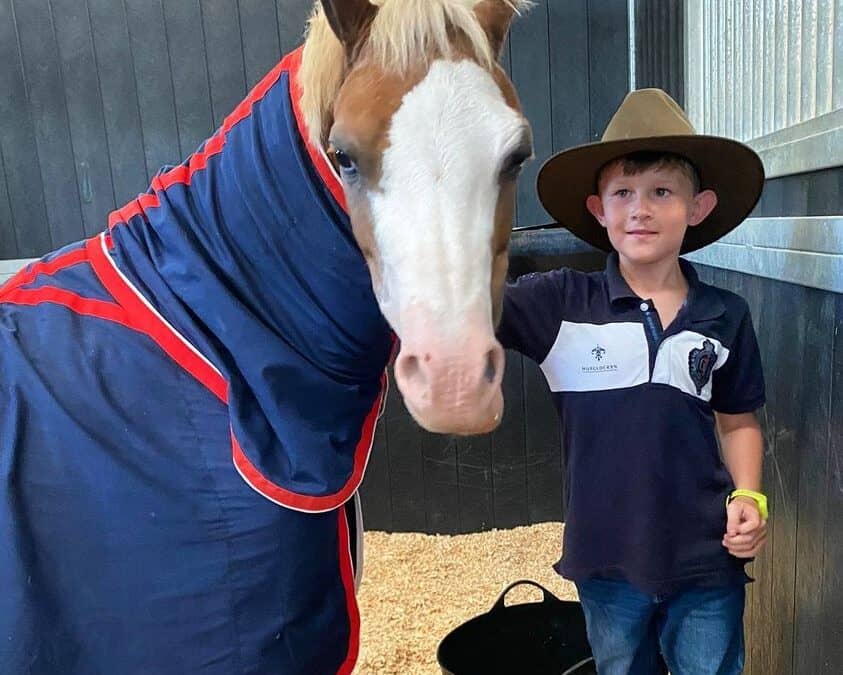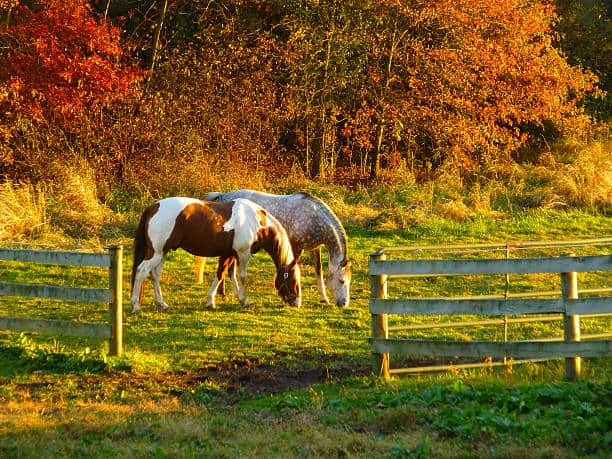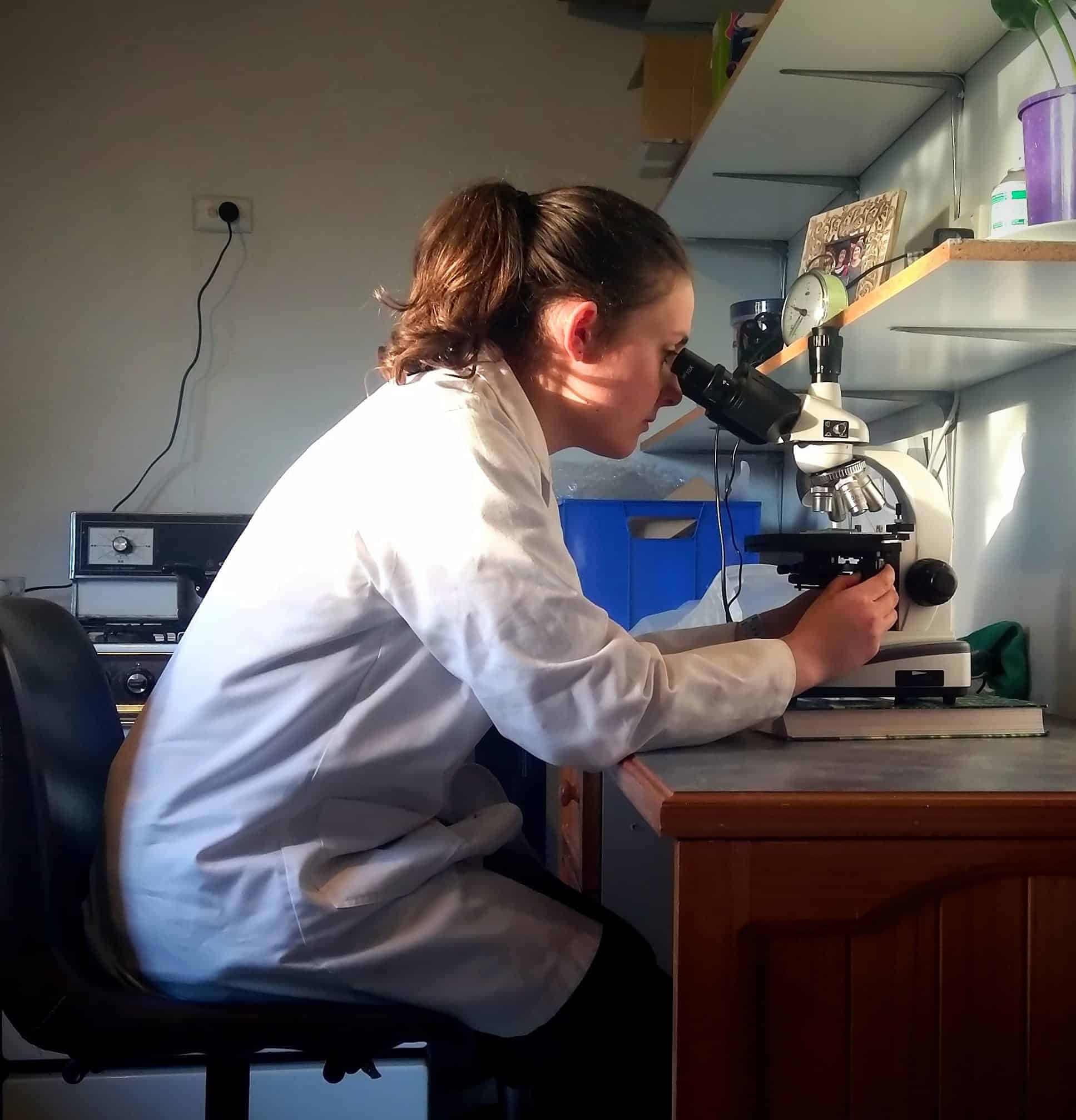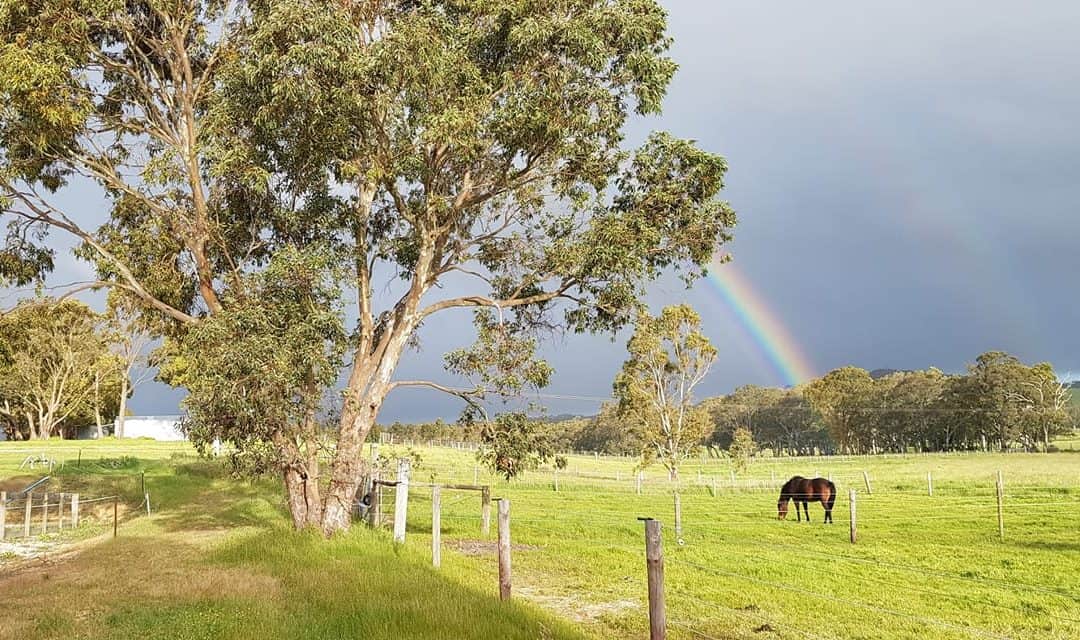
by | Feb 2, 2023 | NEWSLETTERS
In this Newsletter: New Year, New Sport National Gear Rules update What Happens in a Pony Race? Itchy tails Does Your Property have a PIC? DOWNLOAD NEWSLETTER DO YOU HAVE A COMMENT, CONCERN OR COMPLIMENT? PROVIDE PONY CLUB AUSTRALIA WITH YOUR FEEDBACK. TELL US...

by | Dec 2, 2022 | NEWSLETTERS
In this Newsletter: National Award Winners 2022 JustGo – Be Ready for 2023 Gear Rules Reaction Christmas Gift Ideas Youth Council Competition What a wet spring means for worms DOWNLOAD NEWSLETTER DO YOU HAVE A COMMENT, CONCERN OR COMPLIMENT? PROVIDE PONY...

by Stuart Baulk | May 14, 2021 | RESOURCES
All horses should be de-wormed at least once a year: this is to clear out any burdens of worms that may have built up over 12 months, or remove species of parasites that cannot be diagnosed using faecal egg counts, such as bot-fly larvae. Mid to late autumn is the...

by Stuart Baulk | Feb 10, 2021 | RESOURCES
What is the best strategy for de-worming in summer? In Australia, it depends if you live ‘up north’ or ‘down south’. Read more to find out what you need to know about summer de-worming depending on where you live. Methods for parasite...

by Stuart Baulk | Nov 27, 2020 | RESOURCES
Spring is the time for new life. But Spring isn’t all ducklings and foals: worms use the warm, wet weather (especially in southern states) as a key time to reproduce. The most common worms in horses are strongyle nematodes. These have a simple lifecycle (Fig 1), and...






